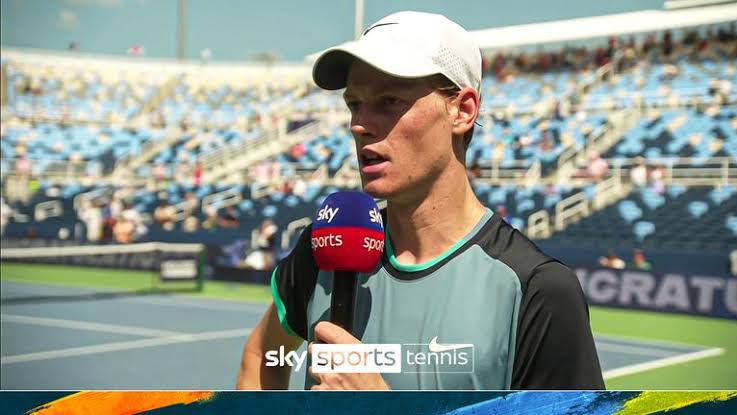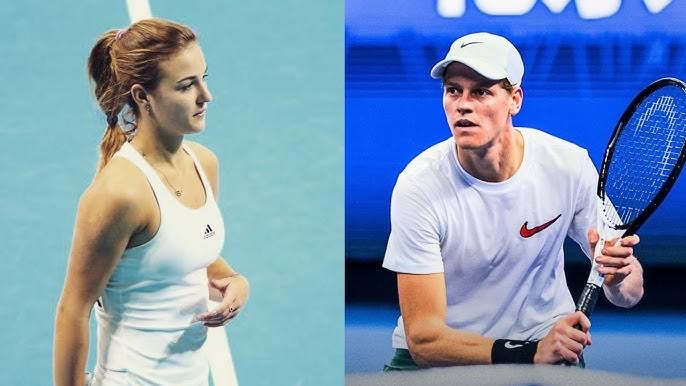Jannik Sinner will serve a three-month suspension retroactive to February 9, 2025, after settling with the World Anti-Doping Agency (WADA) over two positive tests for the banned substance Clostebol. The Italian, who claimed accidental exposure via a contaminated spray used by his physiotherapist, will return May 4 in time for the French Open. While an independent tribunal initially cleared him in 2024, WADA appealed, arguing athletes must take responsibility for their team’s negligence. The compromise avoids a potential two-year ban but has sparked criticism over preferential treatment for top players.
Case Details and Backlash
Sinner’s positive tests in March 2024 were traced to his physiotherapist’s use of an over-the-counter medication containing Clostebol. Though WADA acknowledged no intent to cheat, critics highlight the suspension’s timing—skipping non-major tournaments like Indian Wells and Miami—as a strategic move to protect his ranking. Lower-ranked players, including Tara Moore, faced multi-year bans for similar violations, while Sinner continued competing during the investigation. Novak Djokovic called the case “unhelpful for tennis,” and Nick Kyrgios blasted the decision as evidence of systemic corruption.
Double Standards in Anti-Doping?
The ruling reignited debates about fairness in tennis’ anti-doping system. Comparisons to Iga Świątek’s one-month ban for a tainted sleep aid and Simona Halep’s reduced nine-month suspension underscore perceived inconsistencies. WADA defended the outcome, citing “exceptional circumstances,” while the ITIA noted Sinner’s case involved a legally sold medication, not a contaminated supplement. Leaked reports also suggest sponsors pressured authorities to shorten the ban, though no brands have publicly withdrawn support
Path Forward
Sinner, who forfeits 1,600 ranking points, called the ordeal “a year-long nightmare” but accepted responsibility for his team’s oversight. His focus now shifts to the clay season, where success at Roland Garros could overshadow the scandal. However, the controversy has deepened skepticism about equity in anti-doping enforcement, with players like Stan Wawrinka declaring, “I don’t believe in a clean sport anymore.” As Sinner prepares for his Italian Open return, the sport faces mounting calls for transparency and reform.




